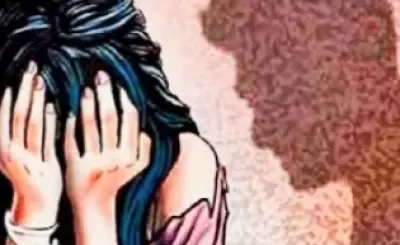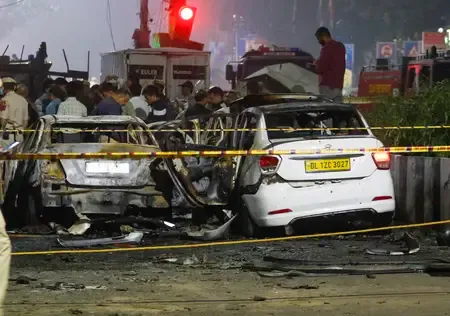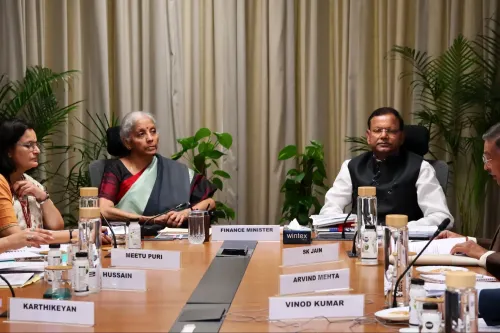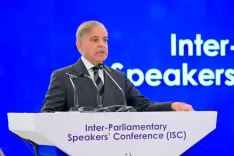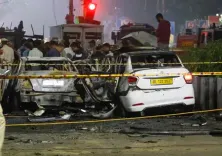Should the Government Consider Arrests to Stop Stubble Burning?
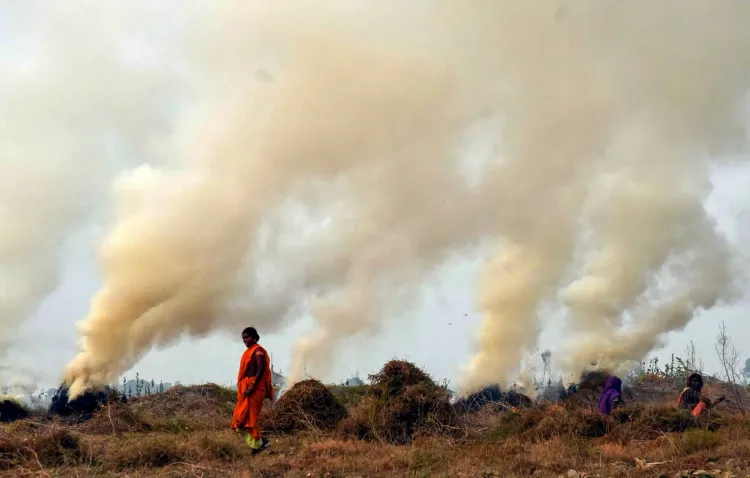
Synopsis
Key Takeaways
- Supreme Court urges government action
- Stubble burning significantly affects air quality
- Potential arrests suggested as a deterrent
- Need for balance between farming and environmental health
- Ongoing discussions involving stakeholders
New Delhi, Sep 17 (NationPress) The Supreme Court of India has urged the government to contemplate strict measures, including potential arrests, to prevent farmers from committing stubble burning—a significant contributor to the severe air pollution in Delhi-NCR during the winter months.
A Bench led by Chief Justice of India (CJI) B.R. Gavai and Justice K. Vinod Chandran was examining a suo motu case regarding the unfilled positions in the State Pollution Control Boards and Pollution Control Committees tasked with managing air quality in Delhi and its neighboring regions.
During the proceedings, the apex court learned that last year, farmers were advised to burn stubble when satellite observations were unavailable. CJI Gavai queried Additional Solicitor General Aishwarya Bhati on whether the government was evaluating possible penalties for this issue.
“Why not consider some punitive measures? If certain individuals face imprisonment, it will convey the right message. If you genuinely intend to safeguard the environment, why hesitate?” the court remarked.
The Bench added, “Farmers are crucial, and we depend on them, but that doesn't mean they can exploit the situation while we neglect our environmental responsibilities.”
The Supreme Court granted the Union government time to engage with relevant stakeholders, signaling that it might otherwise issue a judicial order enforcing stricter actions against those who continue stubble burning.
Amicus curiae and senior advocate Aparajita Singh stated that despite farmers receiving subsidies and tools to avoid stubble burning, “the same narrative persists.”
“Regrettably, since 2018, the Supreme Court has made extensive rulings, yet states only express their inability to comply,” Singh commented.
Conversely, senior advocate Rahul Mehra, representing the Punjab government, stated that ongoing initiatives are in place to decrease air pollution in the state.
“Last year saw a reduction, and we anticipate further improvements this year. Significant progress has been made over the past three years,” Mehra noted.
He further argued that arresting small farmers could harm their families' livelihoods, and that the ‘red entry’ mechanism—which prevents non-compliant farmers from accessing grain markets and online portals—is a more effective deterrent than criminal prosecutions.
In response, the CJI Gavai-led Bench clarified, “Not as a standard practice, but to deliver a clear message.” The apex court plans to revisit the issue next week for further discussions.

